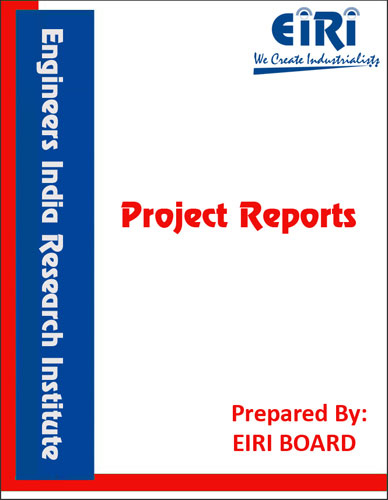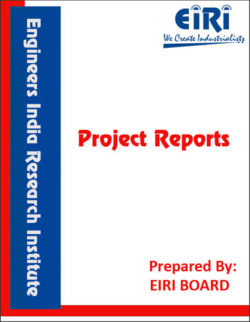PARTICLE BOARD FROM BAGASSE
The project report includes Present Market Position and Expected Future Demand, Market Size, Statistics, Trends, SWOT Analysis and Forecasts. Report provides a comprehensive analysis from industry covering detailed reporting and evaluates the position of the industry by providing insights to the SWOT analysis of the industry.
We can prepare PROJECT REPORT as per your INVESTMENT PLAN for BANK LOAN REQUIREMENT and INDUSTRY ANALYSIS. All reports are prepared by highly qualified consultants and verified by a panel of experts.
Have Query? Click Here to Chat
Industry Expert is Online, Chat with him for more detail.

Particle board is as the name suggests a board made of particles of bagasse. Thus particle board is a board made from bagasse which is bonded by means of a resin under the application of pressure and temperature.
The organic binder resin used are normally urea formaldehyde if the particle board is to be used for interior use, or phenol formaldehyde is used if this is used in external exposure or under severe internal conditions. Melamine formaldehyde is also used.
Particle board is as the name suggests a board made of particles of bagasse. Thus particle board is a board made from bagasse which is bonded by means of a resin under the application of pressure and temperature.
The organic binder resin used are normally urea formaldehyde if the particle board is to be used for interior use, or phenol formaldehyde is used if this is used in external exposure or under severe internal conditions. Melamine formaldehyde is also used.
The first plant to produce particle board commercially was built in Bremen, West Germany in 1941. The first three layer particle board was marketed in Switzerland in 1945.
Project Reports Cover:
- Introduction
- Uses and Applications
- Properties
- Market Survey with future aspects
- Present Manufacturers
- B.I.S. Specifications
- Manufacturing Process with Formulae
- Cost Economics with Profitability Analysis
- Capacity
- Land & Building Requirements with Rates
- List & Details of Plant and Machinery with their Costs
- Raw Materials
- Details/List and Costs
- Power & Water Requirements
- Labour/Staff Requirements
- Utilities and Overheads
- Total Capital Investment
- Turnover
- Cost of Production
- Break Even Point
- Profitability
- Land Man Ratio
- Suppliers of Plant & Machineries and Raw Materials.



